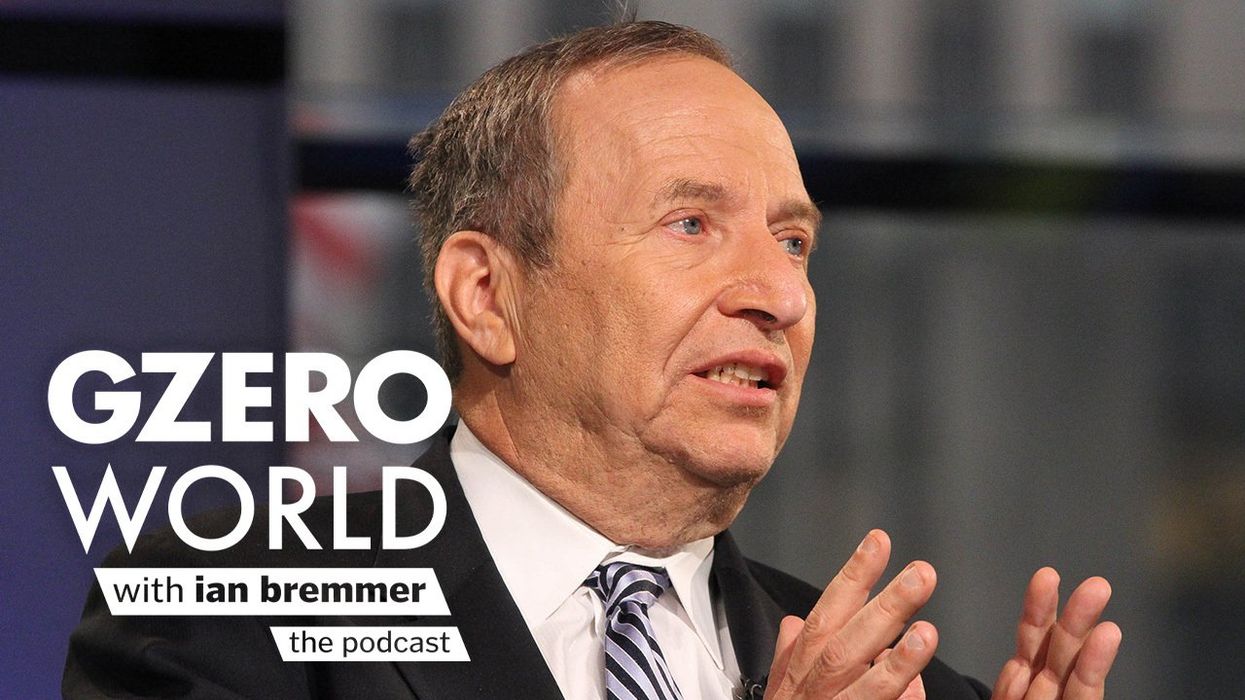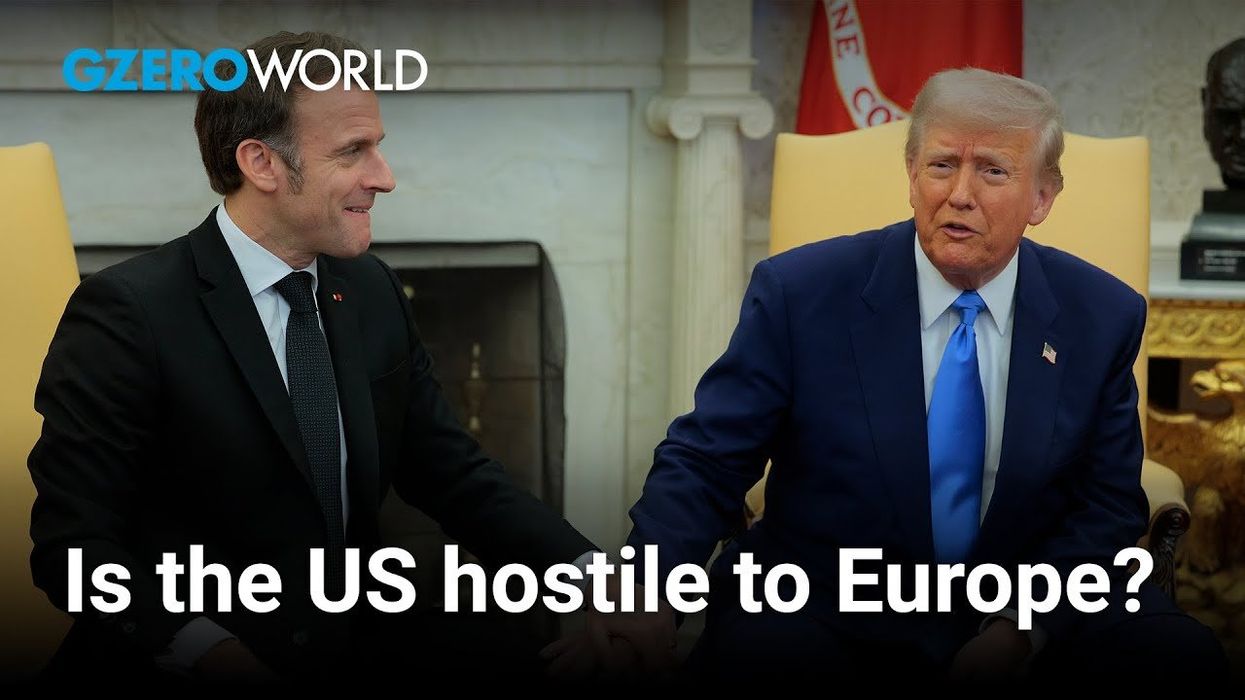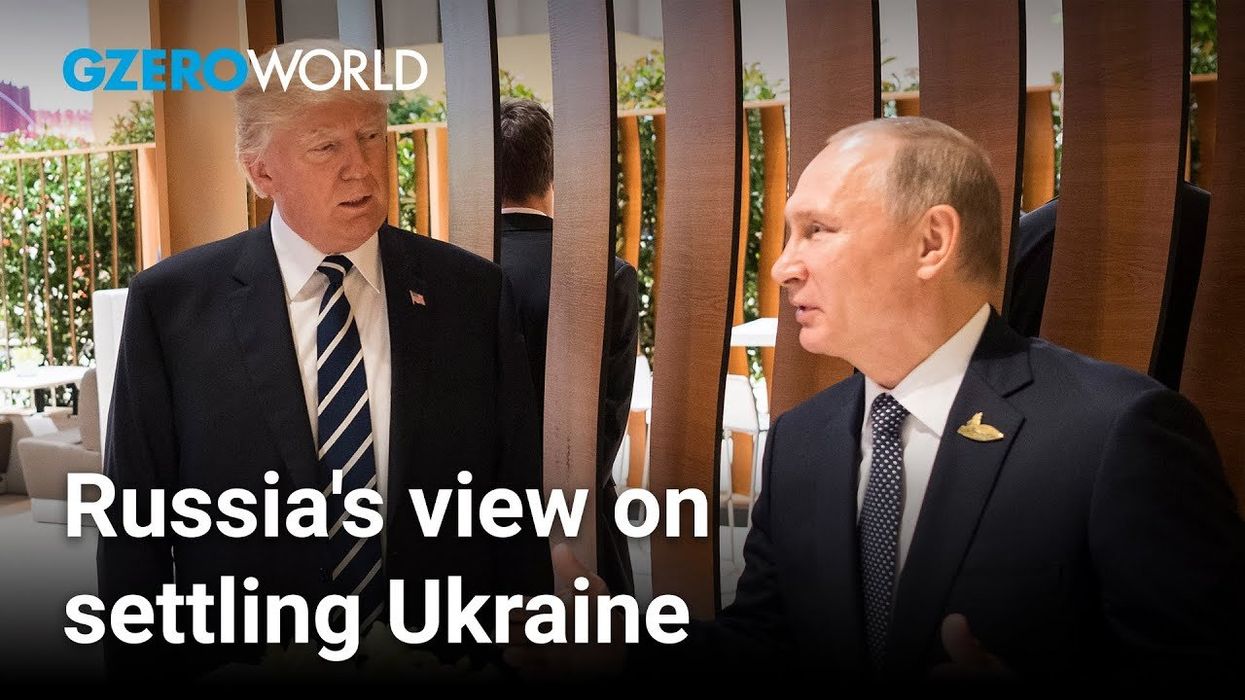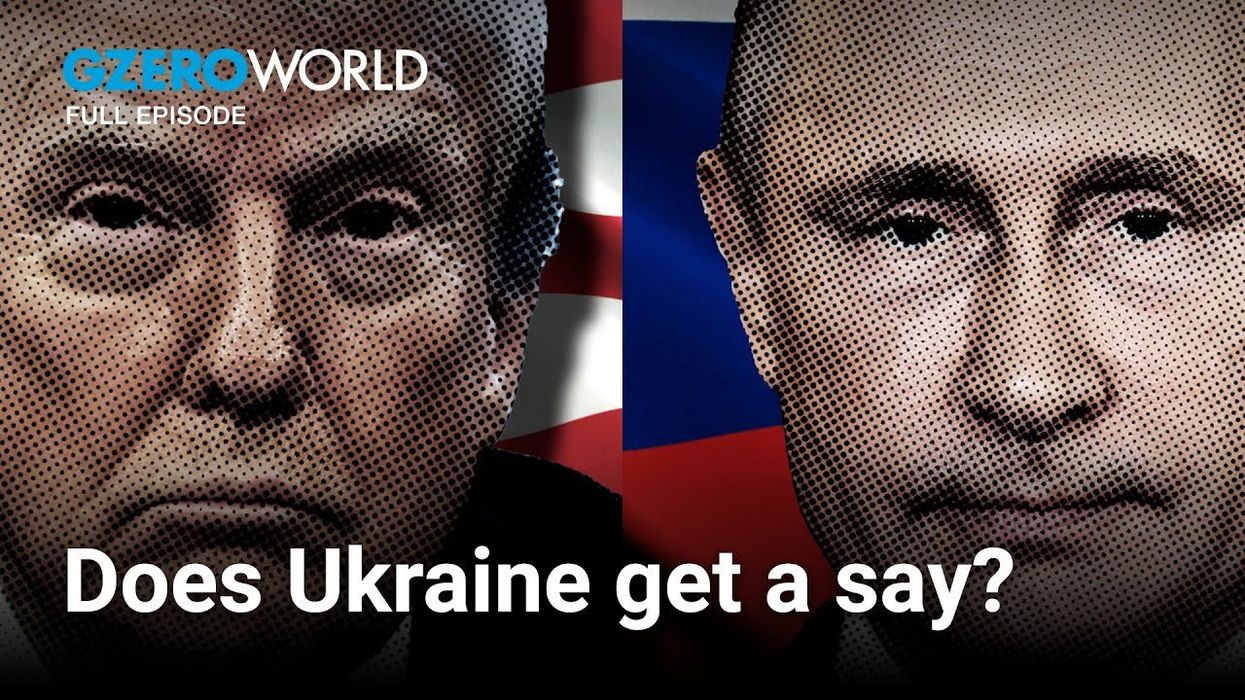Quick Take
Ian Bremmer on Trump's first 100 days
The most revolutionary thing about Trump 2.0? More dysfunction, fewer results. Ian Bremmer examines President Trump’s first hundred days back in office, why America’s problems are getting bigger, and what comes next.
Apr 28, 2025










